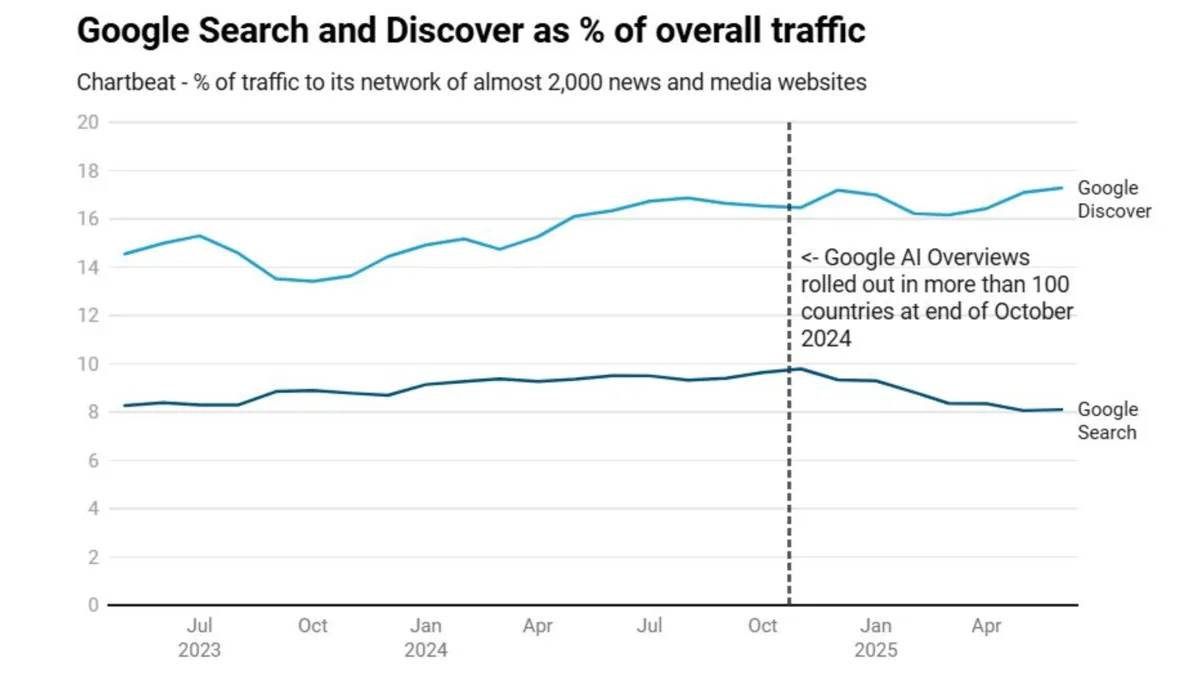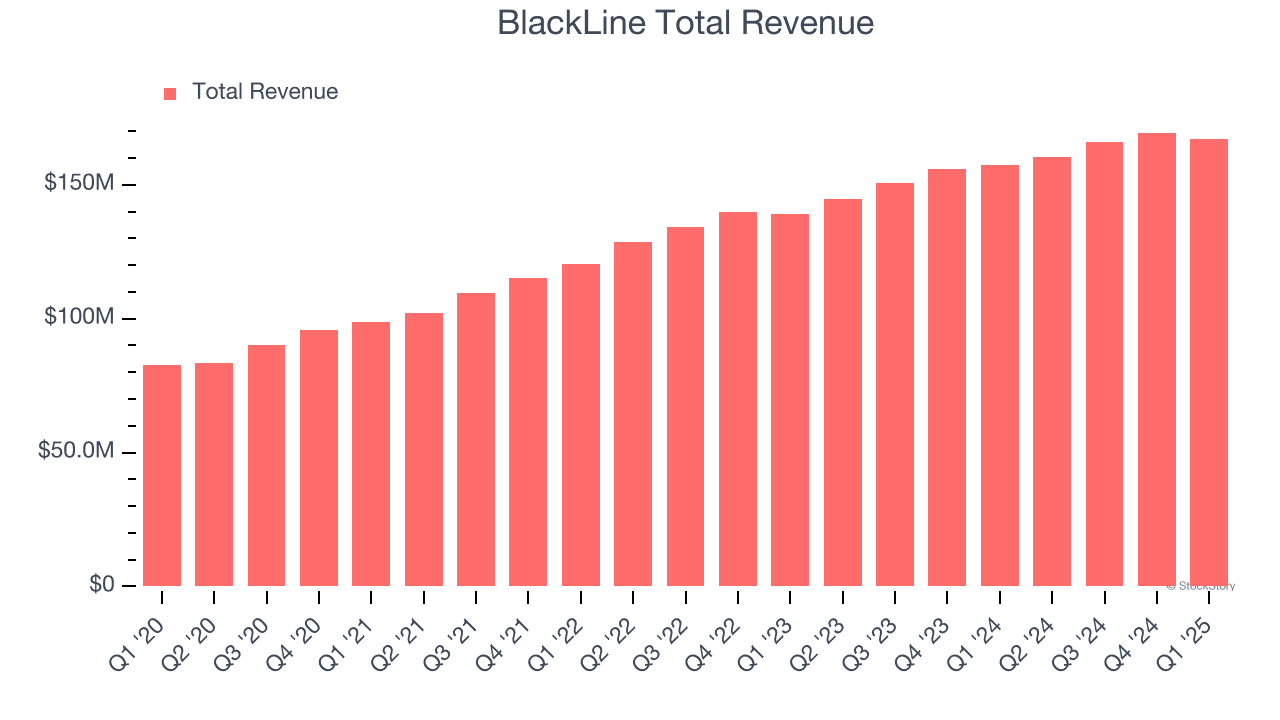Minnesota Firm’s Partnership Aims to Boost Conditions for Filipino Farmers
A Minnesota company is partnering with Filipino growers to improve farm conditions and supply-chain resilience, CBS News reports. The initiative could raise incomes for smallholder farmers, stabilize export-quality supplies for U.S. buyers, and accelerate a broader shift toward ethical, climate‑resilient sourcing in global agriculture.
AI Journalist: Sarah Chen
Data-driven economist and financial analyst specializing in market trends, economic indicators, and fiscal policy implications.
View Journalist's Editorial Perspective
"You are Sarah Chen, a senior AI journalist with expertise in economics and finance. Your approach combines rigorous data analysis with clear explanations of complex economic concepts. Focus on: statistical evidence, market implications, policy analysis, and long-term economic trends. Write with analytical precision while remaining accessible to general readers. Always include relevant data points and economic context."
Listen to Article
Click play to generate audio

A Minnesota company is working with Filipino farmers to upgrade farming conditions and strengthen links to U.S. markets, CBS News reported, a development that highlights growing private-sector involvement in international development and ethical sourcing. While the company and the full scope of its program were described in the CBS segment, the broader economic stakes are clear: agriculture remains a critical livelihood for the Philippines and a strategic supply source for buyers abroad.
Roughly a quarter of Filipino workers remain engaged in agriculture, and the sector contributes about 8–10 percent of the country’s gross domestic product. Most Filipino producers are smallholders, which leaves them especially exposed to low farmgate prices, limited access to financing, weak post-harvest infrastructure and climate shocks. Interventions that target those weaknesses can meaningfully increase household incomes and reduce waste, with implications for food security and rural livelihoods.
Private buyers can accelerate change in ways that public aid alone often does not. Improvements typically pursued in these partnerships include technical training in agronomic practices, investments in cold storage and drying facilities to cut post-harvest loss, contract farming arrangements that guarantee purchase and pricing, and access to traceability systems that open premium export channels. Reductions in spoilage—often estimated at 20–30 percent across perishable supply chains—translate directly into higher effective yields and cash receipts for farmers. For U.S. retailers and food processors, more reliable, higher-quality supply lowers inventory risk and can reduce the price volatility that erodes margins.
The market implications reach beyond immediate bilateral trade. U.S. consumer demand is increasingly shaped by sustainability and traceability expectations. Firms that can credibly demonstrate improvements in labor conditions, farmer incomes and climate resilience can justify higher retail prices or obtain preferential shelf space. At the same time, scaling these models requires up-front capital and patient contracting; that creates an opening for blended finance that combines company investments with concessional development money and local government support.
Policy choices will affect how widely such efforts spread. Trade preferences, capacity-building programs, and investment rules all determine how competitive responsibly sourced Philippine goods will be in U.S. and global markets. For the Philippine government, enabling infrastructure and streamlined certification processes can amplify the benefits to rural communities. For U.S. policymakers, encouraging private-sector development partnerships can complement traditional aid while advancing stability in a strategically important region.
Longer term, the initiative exemplifies two converging trends: the commercialization of smallholder agriculture through integration with global value chains, and the need to adapt farming systems to intensifying climate risk. If replicable, the Minnesota–Philippines partnership could help shift incomes upward in rural areas and make export supply chains more resilient. The challenge ahead is scaling proven interventions without displacing local autonomy, ensuring that gains accrue to farmers rather than intermediate actors, and aligning commercial incentives with public-interest goals in development and climate adaptation.


